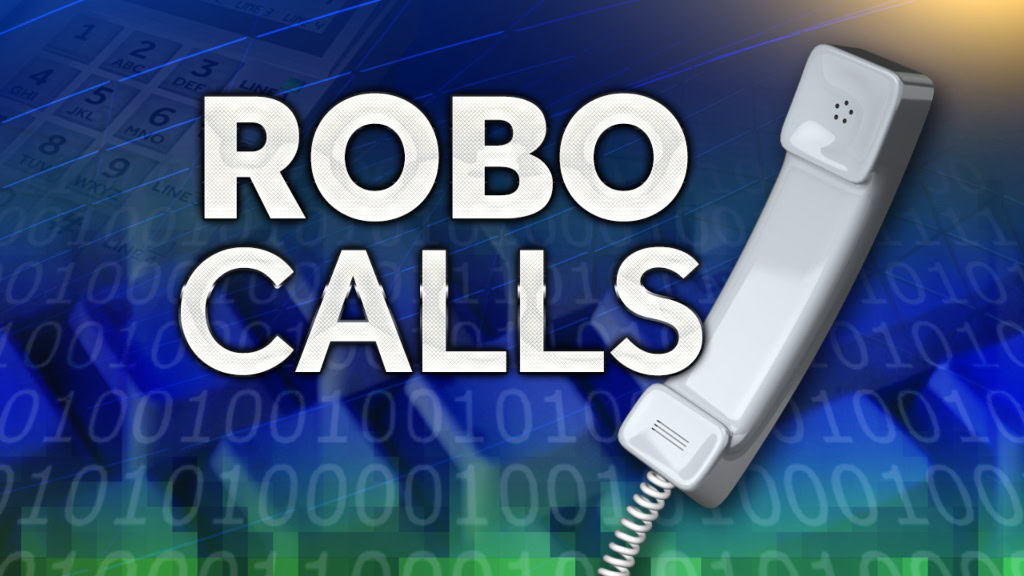Affiliate links on Android Authority may earn us a commission. Learn more.
The banking industry wants to legally robocall cellphones

The banking industry is asking the Federal Communications Commission (FCC) to allow them to robocall cellphones without the customers permission.
As The Hill notes, the National Consumer Law Center (NCLC) and National Association of Consumer Advocates (NACA) have spoken to the FCC and fear that the FCC will “gut” the Telephone Consumer Protection Act, which prohibits telemarketers from robocalling a cellphone without the owner’s permission.
Several banking associations however are asking the FCC to allow for a so-called “wrong party” to robocall cellphones. Meaning, if a person previously owns a cellphone number and consents to robocalls, then the person who takes the number later on is also subject to the robocalls.
Present law allows customers to file suit against those companies who are robocalling their cellphones even though they did not consent to such calls. Therefore, banking associations feel that this policy has “unnecessarily subjected them to lawsuits against when they accidentally dialed the wrong number.”
Essentially, banks want to find a loophole to continue calling people without their permission. As The Hill also reported, consumer advocates have pointed out that banks could easily take advantage of technology that allows them to determine when cellphone numbers have been transferred.

They don’t do that for a reason. If banks were simply dialing “the wrong number,” cellphone customers wouldn’t be suing them in large numbers. Instead, we see situations where Bank of America is calling a couple’s phone over 700 times for something that they didn’t want, calling a couple’s phone over 600 times for something that the couple wasn’t even eligible for or calling an elderly couple over 2,000 times.